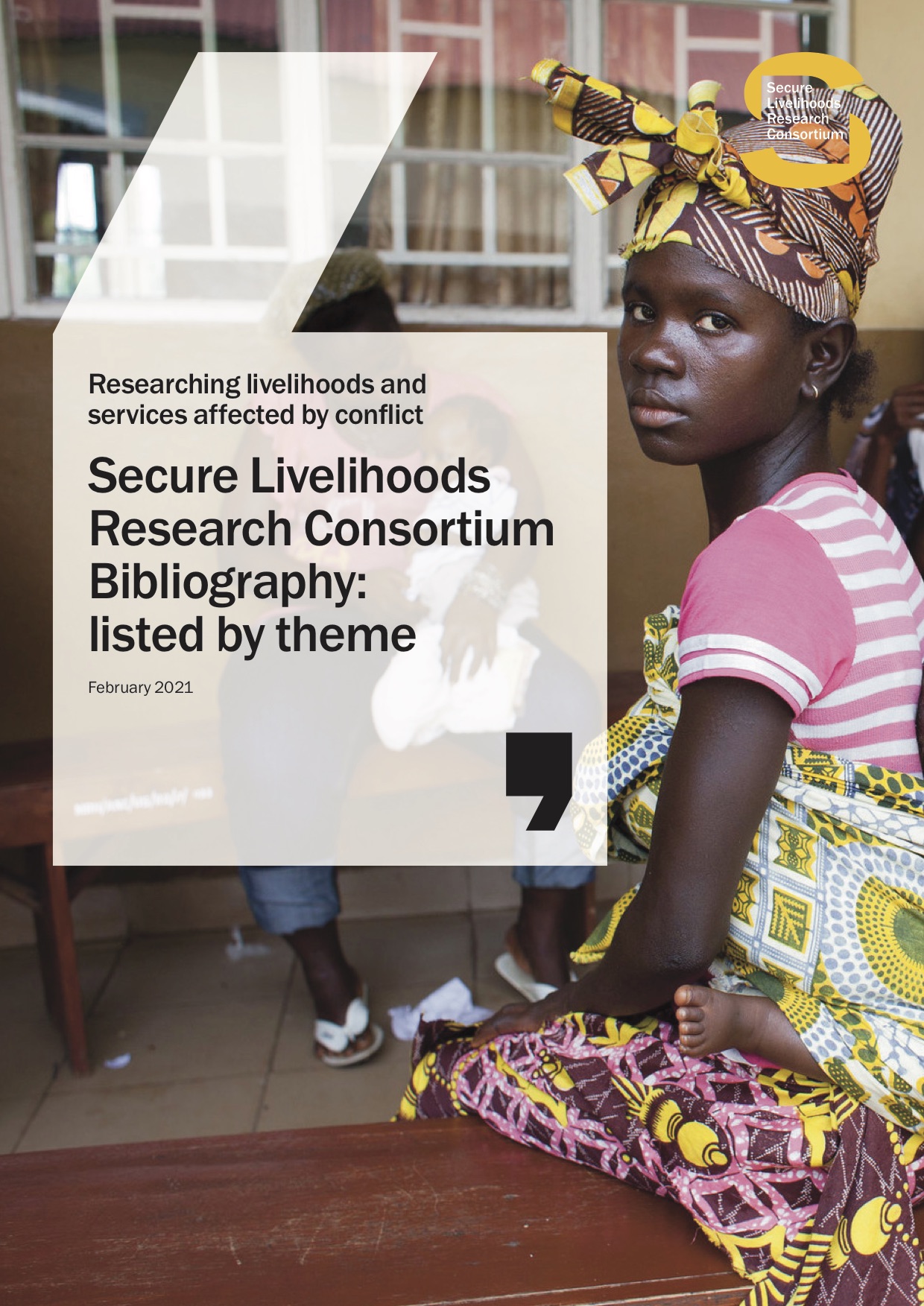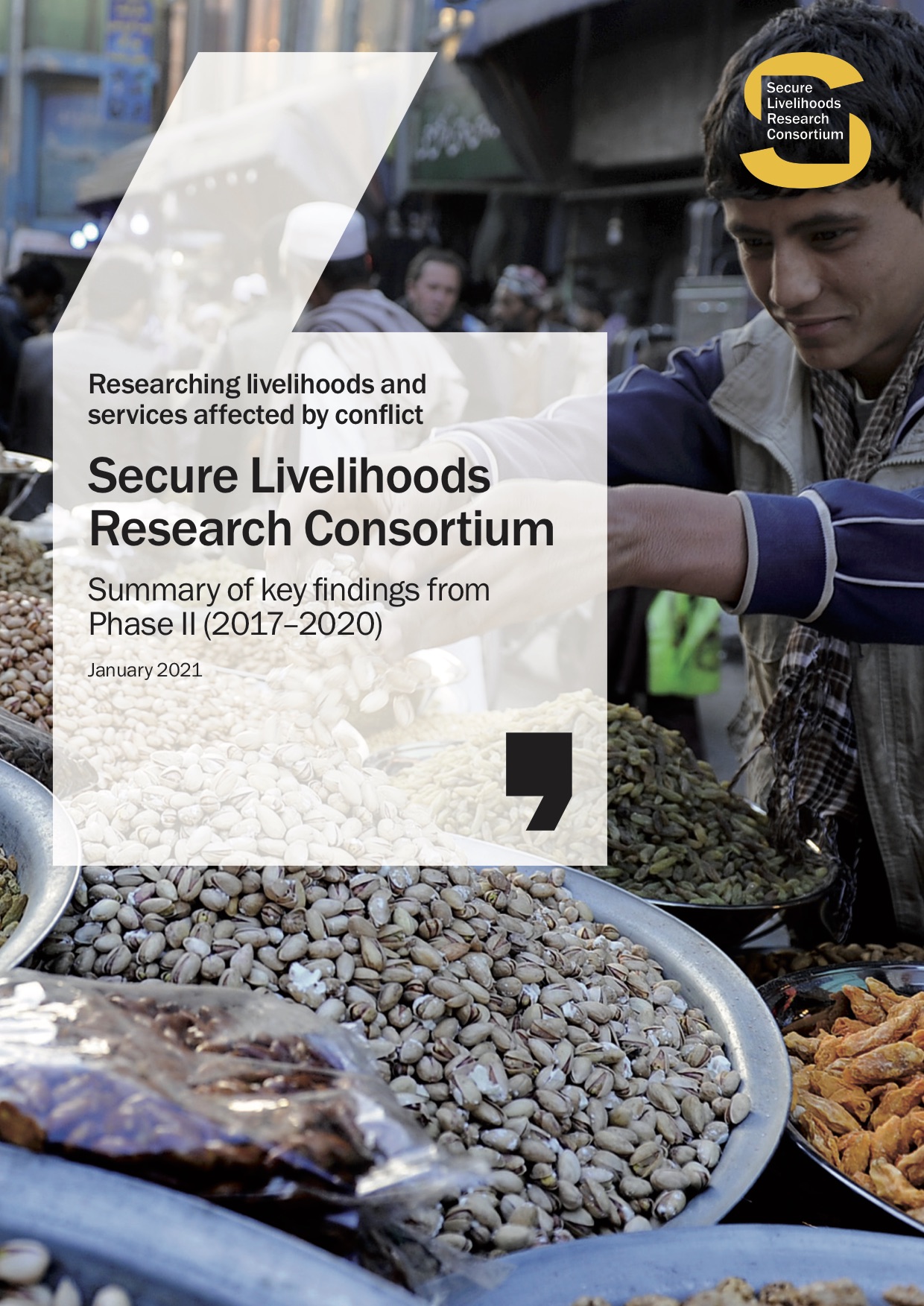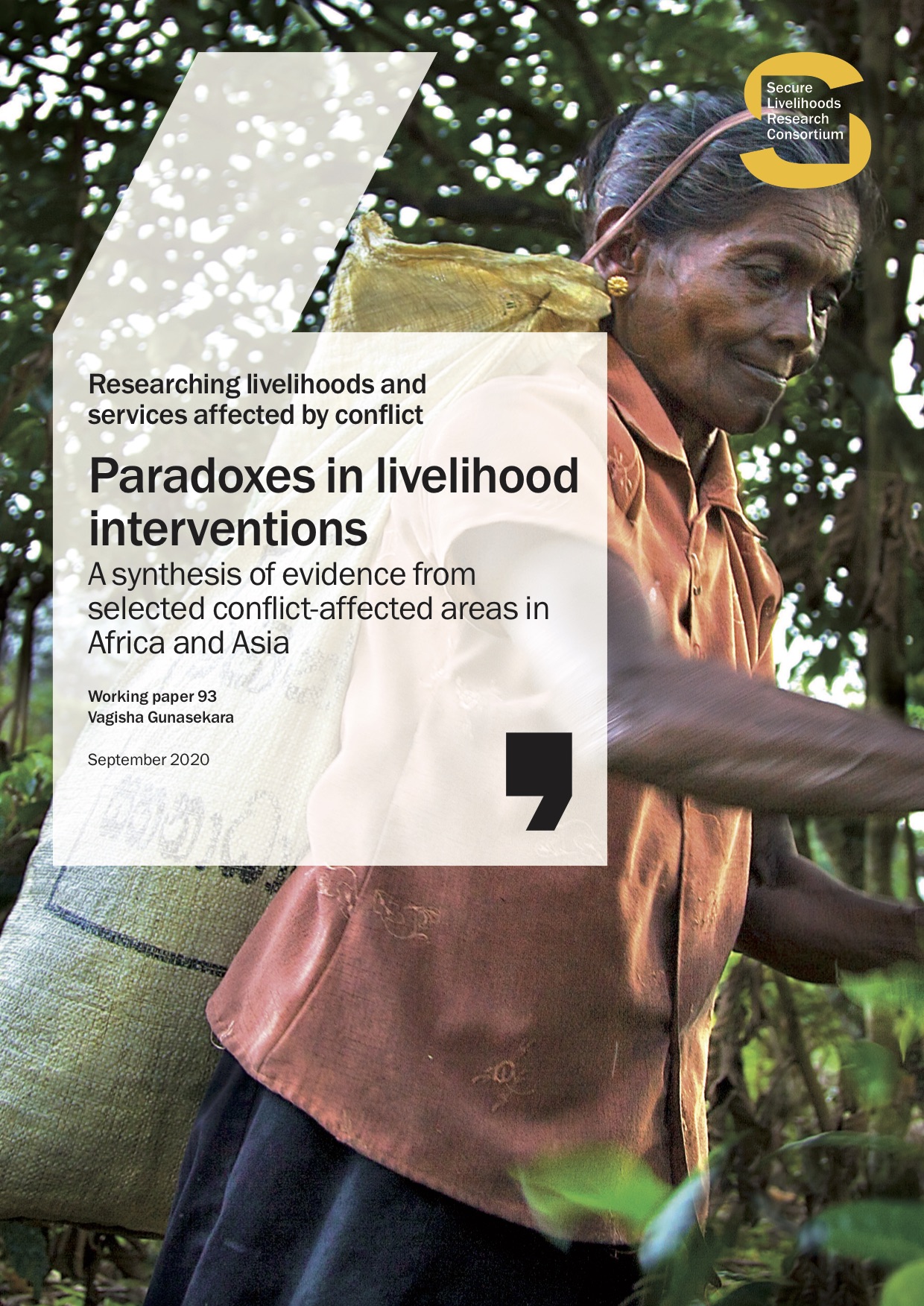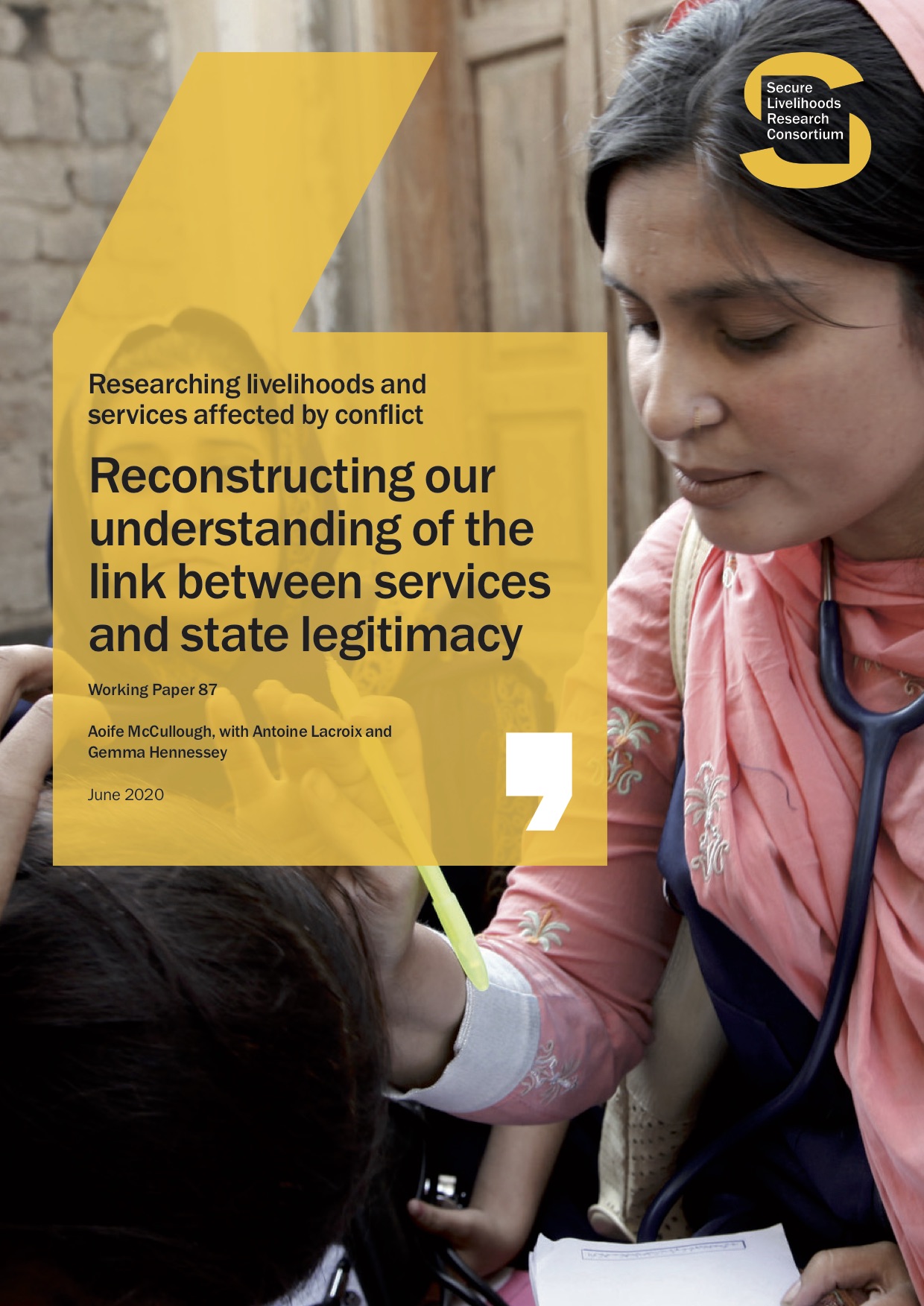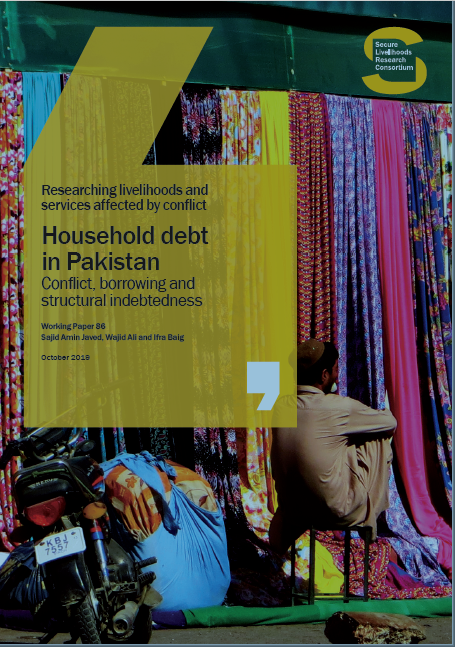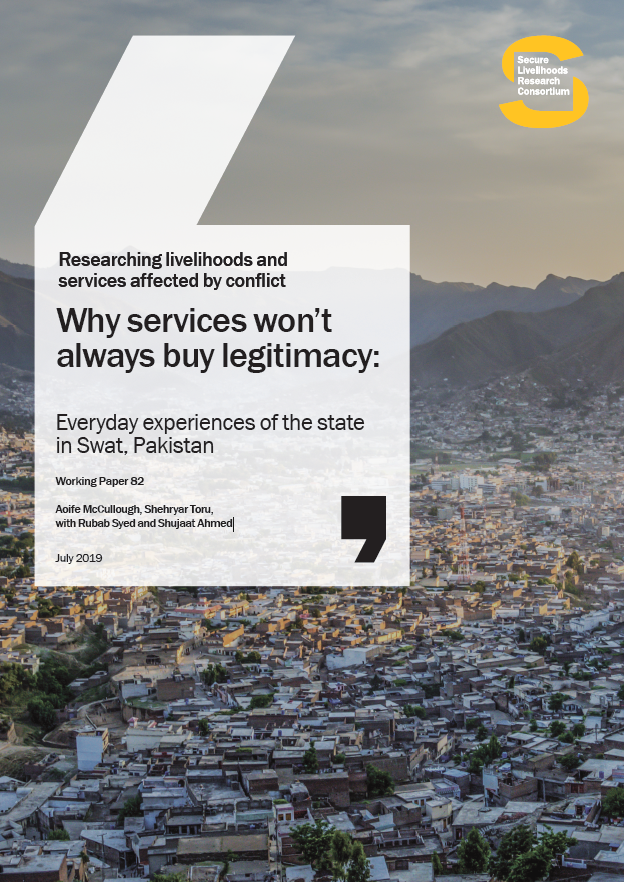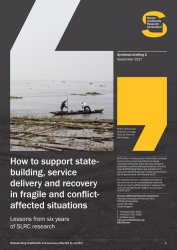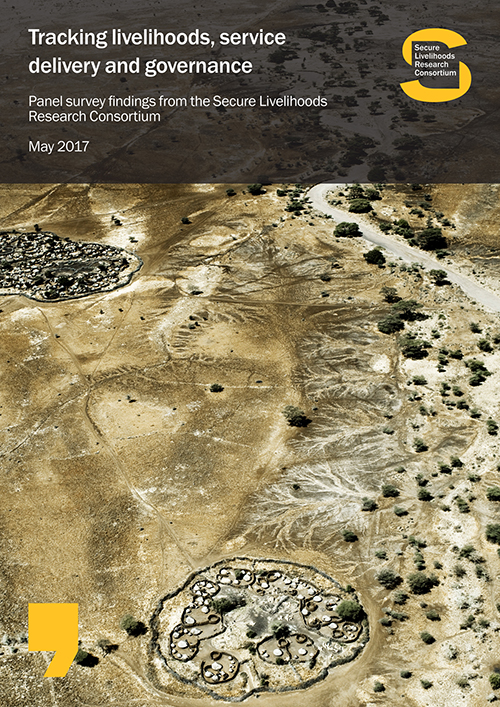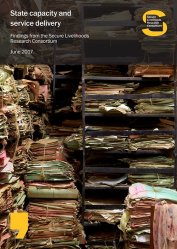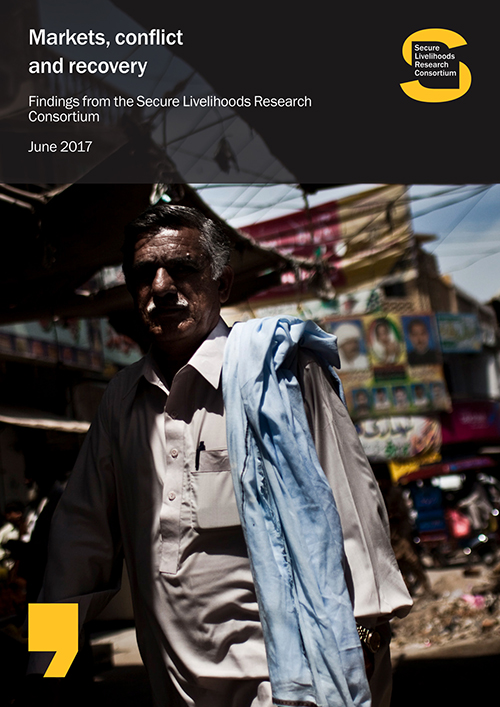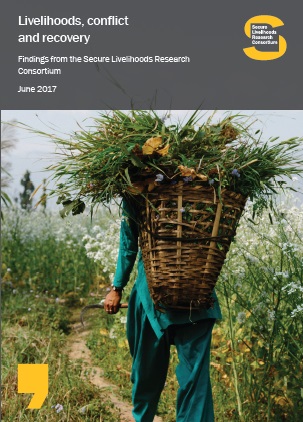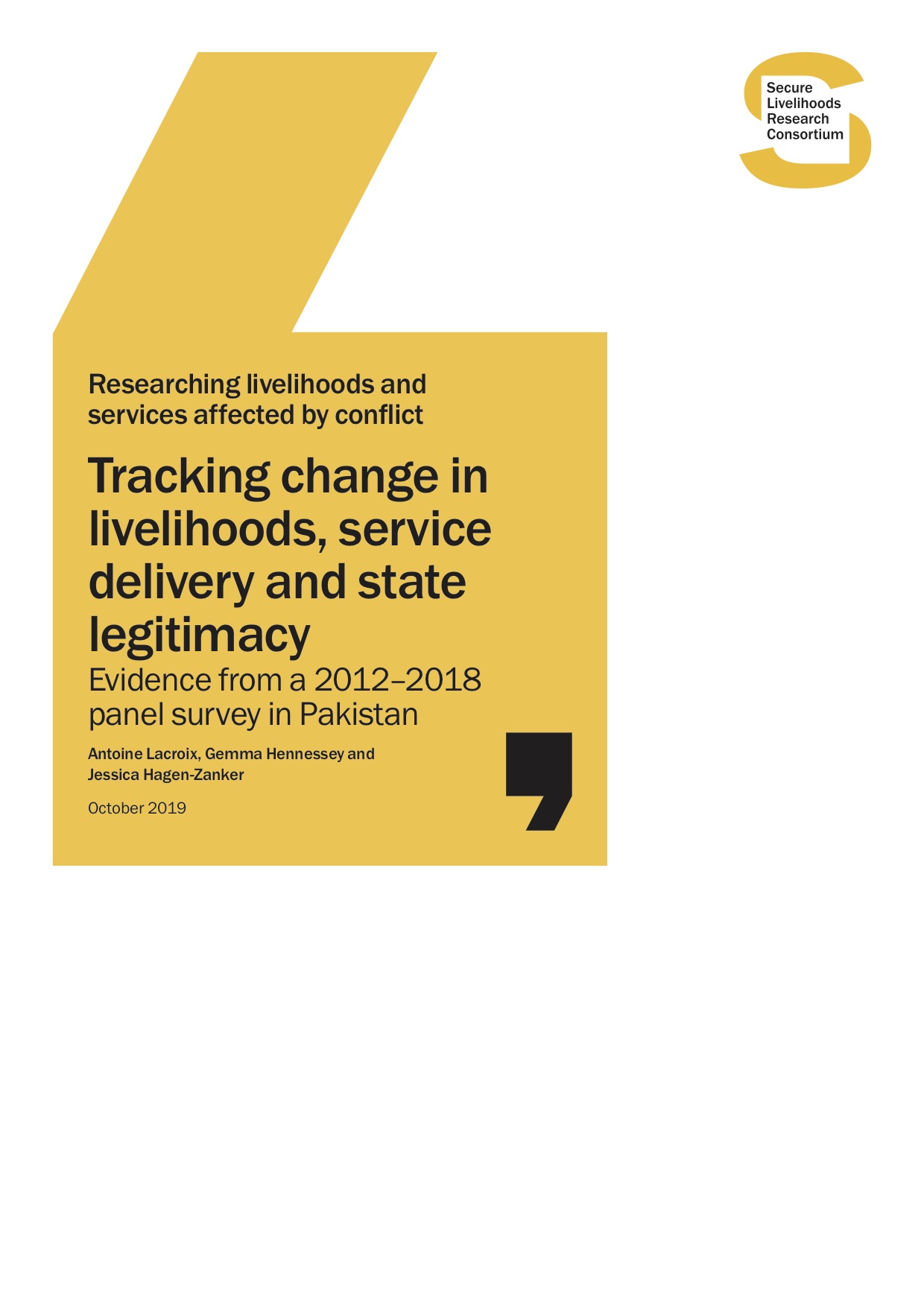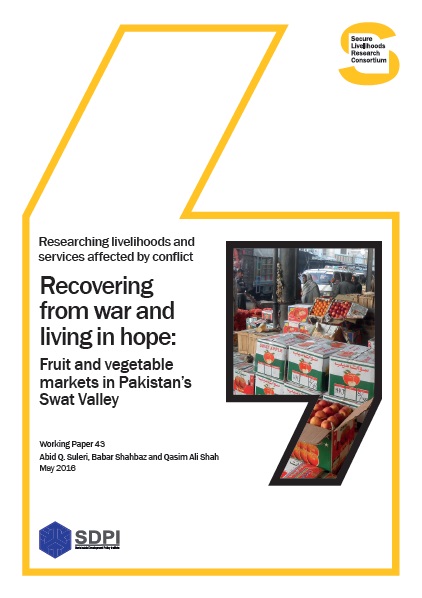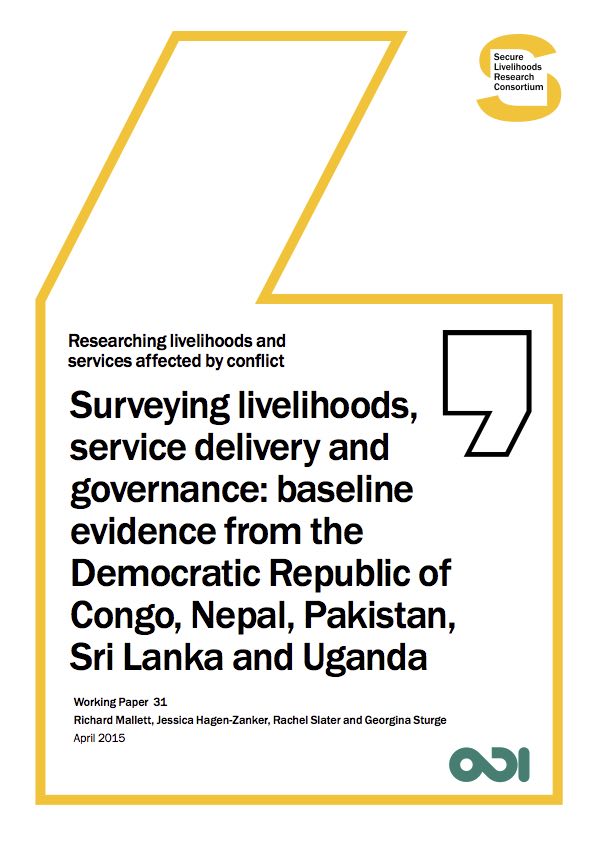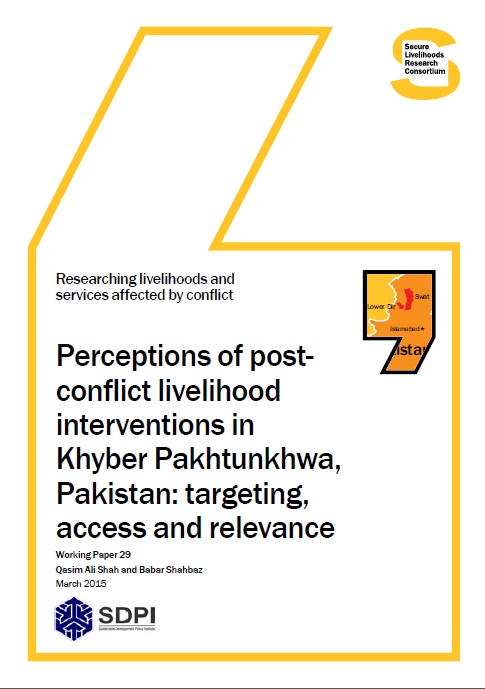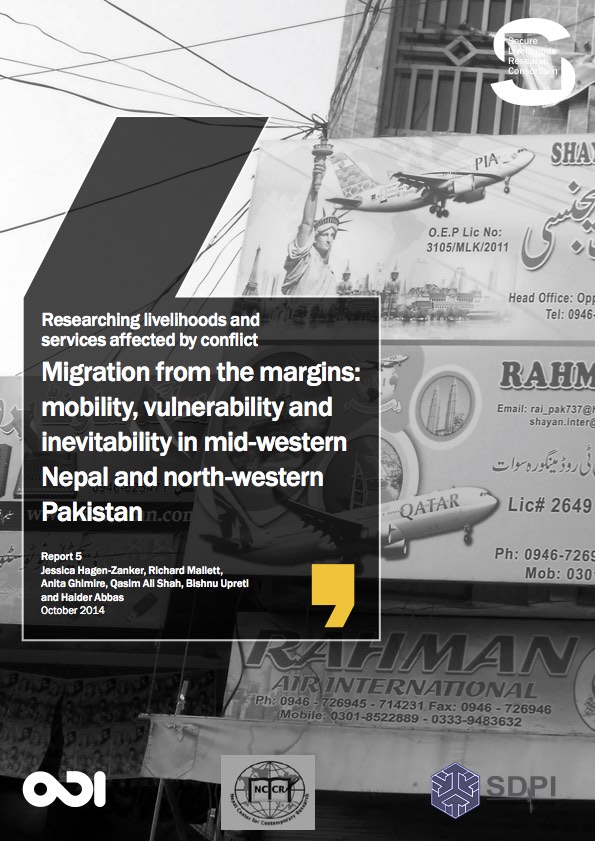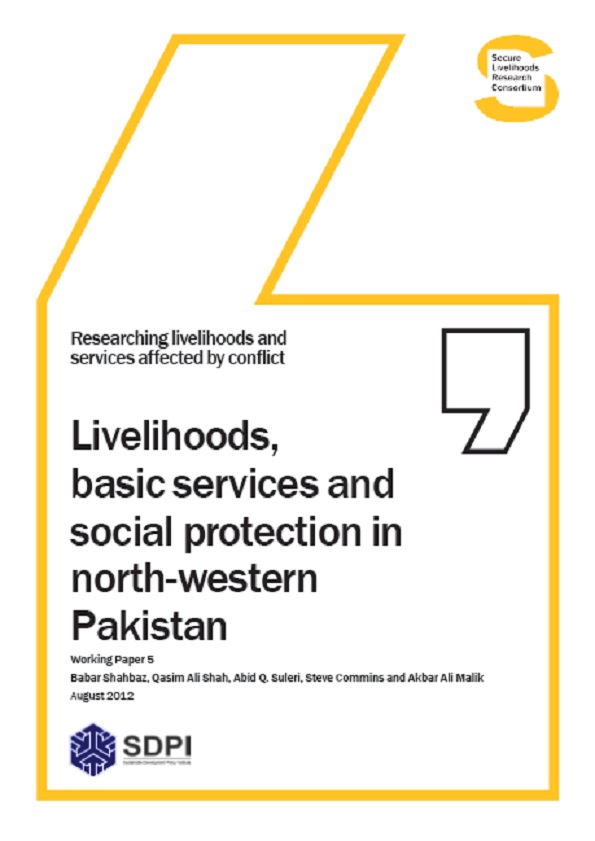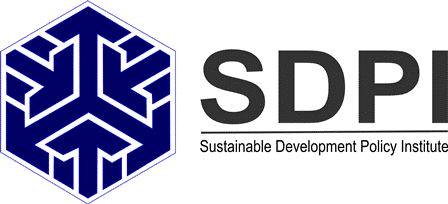The Pakistan research programme
For decades, active conflict has prevailed along Pakistan’s north-western frontiers, particularly within the Federally Administered Tribal Areas (FATA) and the province of Khyber Pakhtunkhwa (KP). Following the 9/11 attacks, Pakistan joined a coalition of nations in fighting the ‘global war on terror’, and the region has since been subjected to numerous US drone attacks and military operations. Internal displacements from Swat and Malakand – two heavily affected districts within KP – saw almost 3 million people flee their homes. Although Internally Displaced People (IDPs) have now safely returned, during the return and resettlement process large swathes of the northwest region were hit by heavy flash floods (July 2010), affecting an estimated 1.2 million people.
The combination of conflict and natural disasters has left people in the region impoverished. The crises have also severely damaged public and private infrastructure, limited households’ livelihood opportunities, and reduced local economic activity. Little is known about how people’s livelihoods and coping strategies shift over time and throughout conflict. We also lack an understanding of what causes improvements or deteriorations in well-being and livelihoods.
SLRC’s Pakistan research programme is guided by the following research themes:
- Tracking the livelihood outcomes of conflict and flooding in Northwest Pakistan
- The challenges of return: (Re)building resilient livelihoods
- Effectiveness issues: The role of aid programming in processes of recovery
- Borrowing debt, and credit in Pakistan’s conflict areas
- State-society relations in Pakistan and their impact on service delivery




